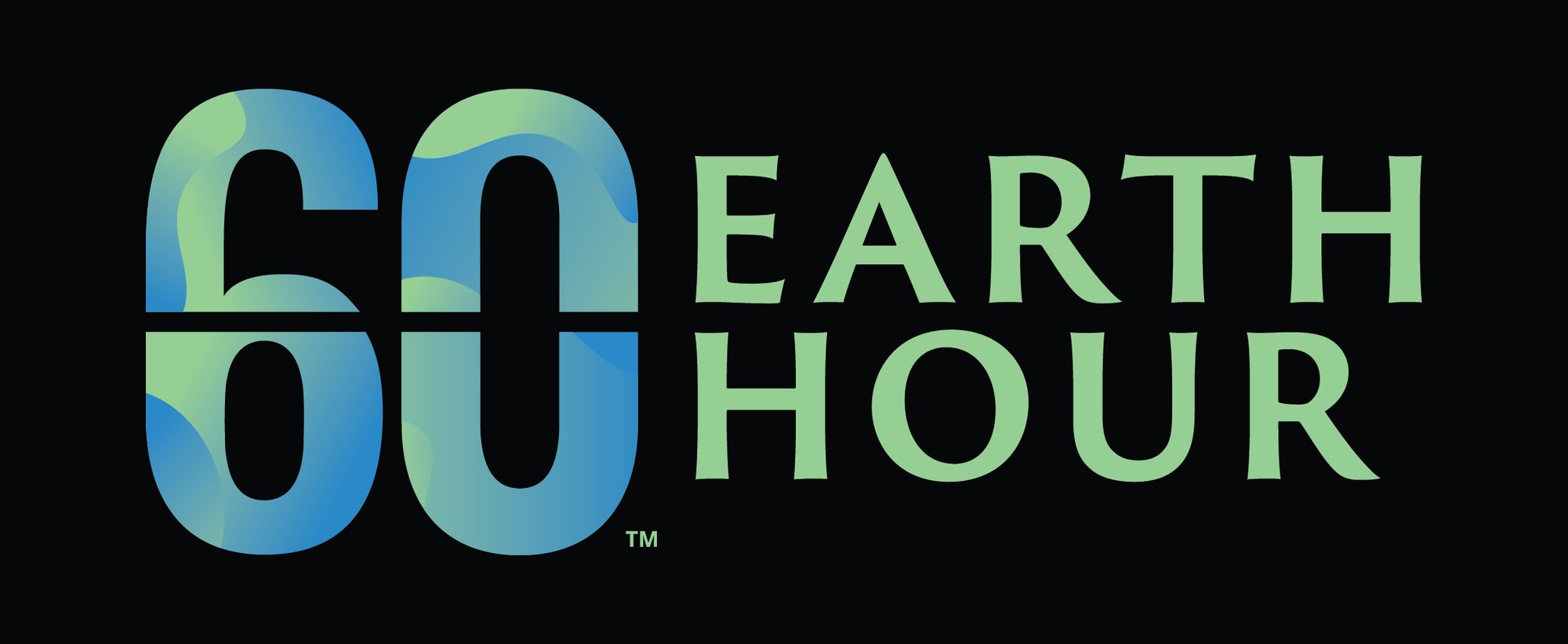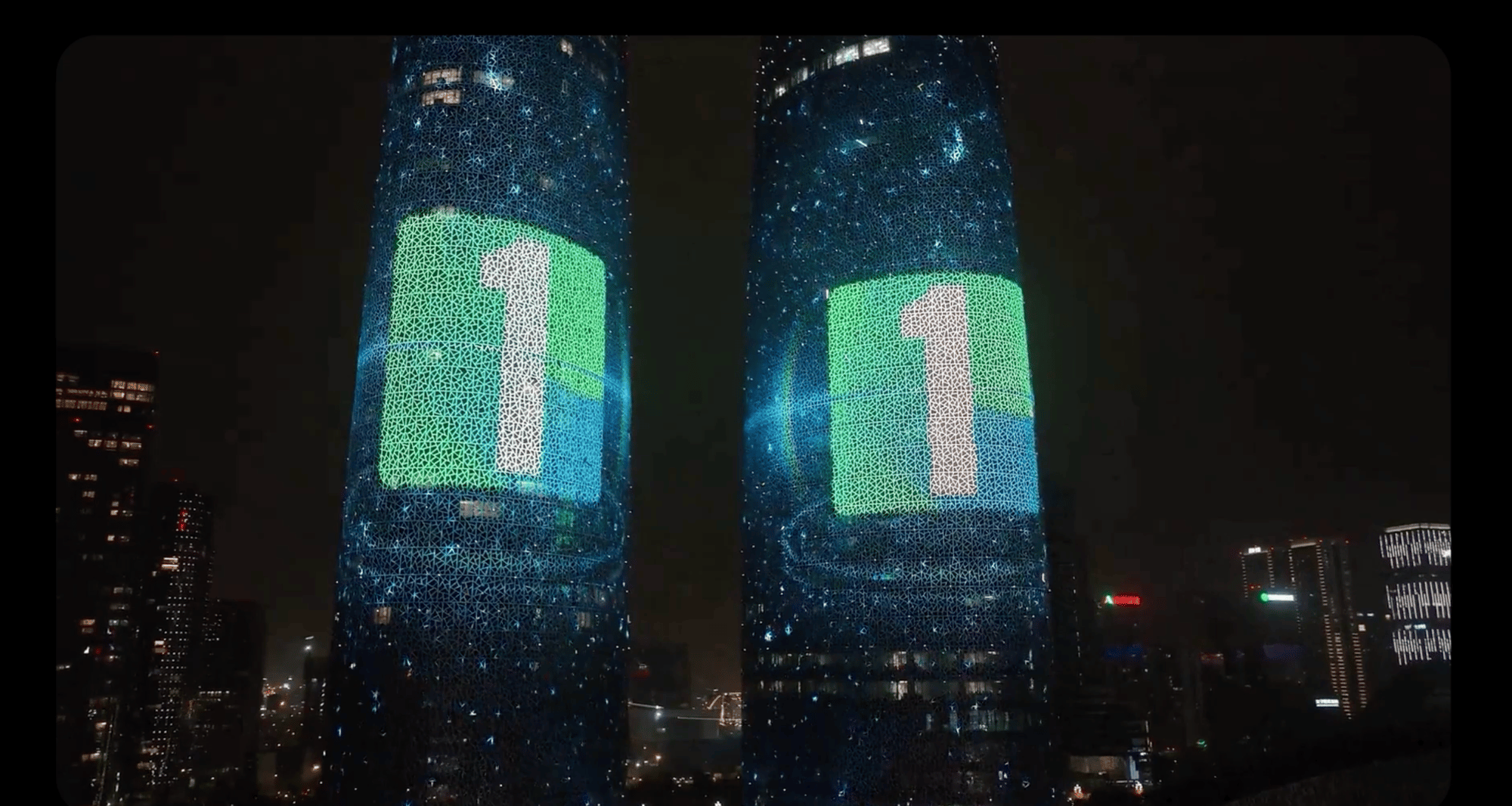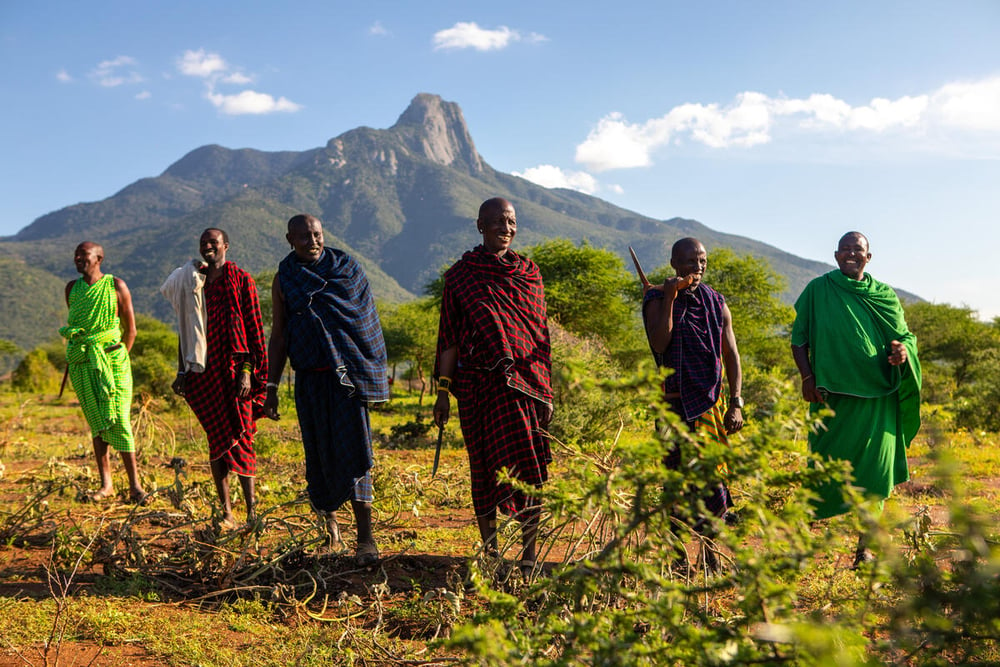Thank you for creating the Biggest Hour for Earth in 2025!
Join us again on 28 March 2026, 8.30pm your local time for Earth Hour 2026
Thank you for creating the Biggest Hour for Earth in 2025!
Join us again on 28 March 2026, 8.30pm your local time for Earth Hour 2026
0
0
0
0
0
0
Days
0
0
0
0
Hours
0
0
0
0
Minutes
0
0
0
0
Seconds
28 March 2026 20:30:00
Until Earth Hour 2026
Stay Updated
Subscribe to our newsletter to stay updated with what we're doing beyond the Hour and how you can get involved:





